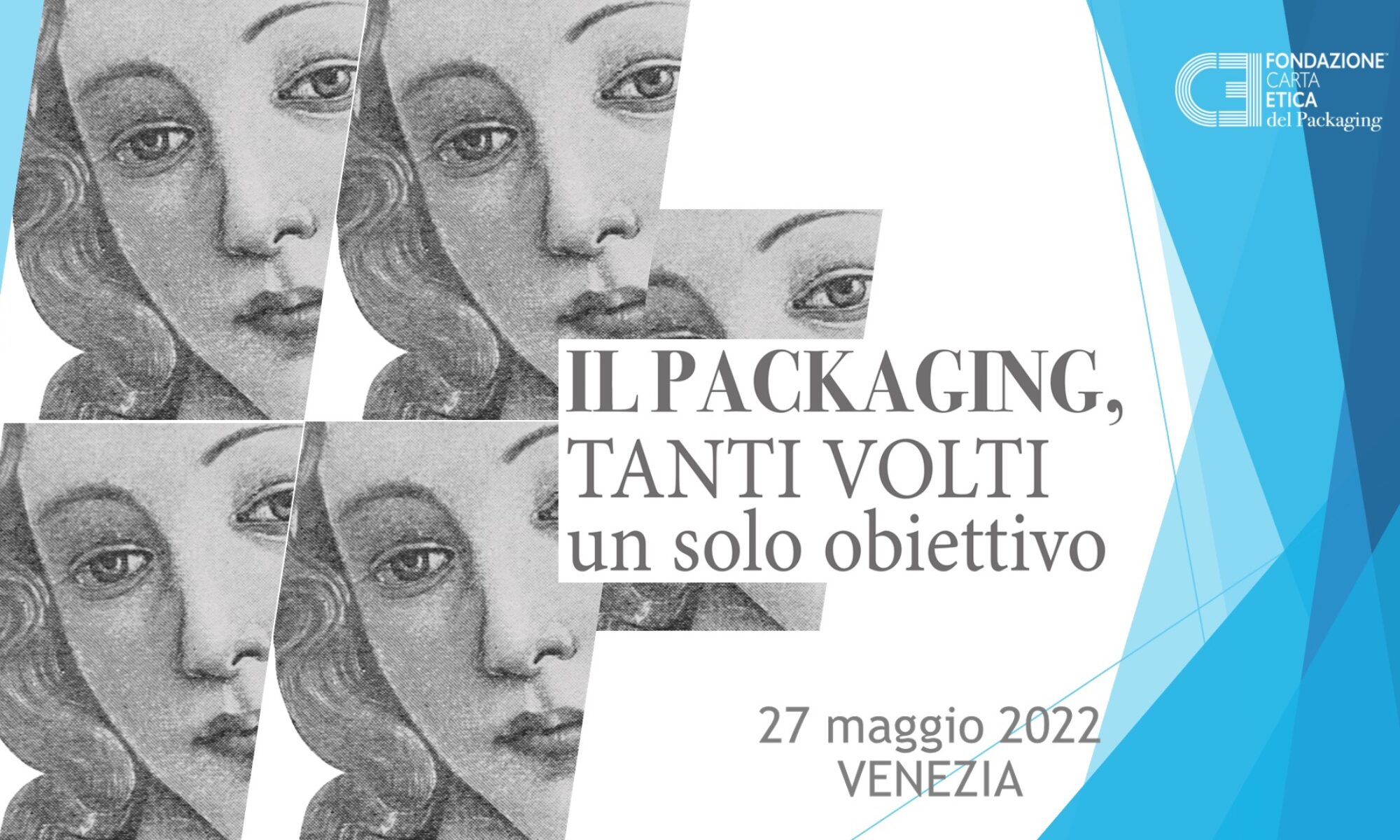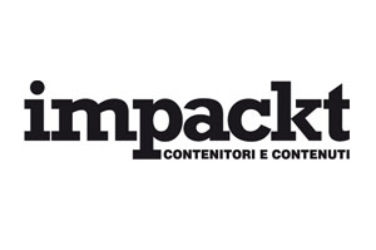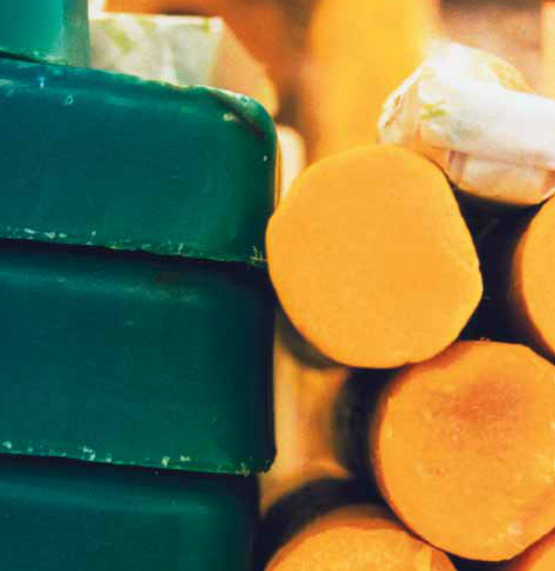Lush* is revolutionising the way of selling cosmetics. Completely fresh. Completely hand-made. Completely devoid of packaging. And yet…
Sonia Pedrazzini
Entering the shop, we stop for a moment, amazed and confused. A wave of perfumes and fragrances engulfs us, body and soul. Lavender. Banana. Chocolate. Rosemary. Rose. Oriental spices. Celery and ginger. Musk. Milk and honey. Orange blossom. Mint. Tea. We do not know if we are in a chemist’s, a perfume shop or a dairy. On the counter, large shapes, like cheeses, are being cut into slices, weighed, and wrapped in greaseproof paper. We can choose to buy a few hundred grams of fruit-fragrance solid shampoo or a jar of soft almond cream; a little packet of clay or a sphere (a musket ball) of jasmine. These are cosmetics which are juicy, luxurious, they make your mouth water. They are Lush!
Lush was founded in England in 1995 by a group of vegetarians, experts in natural cosmetics, under the leadership of Mark Constantine, the originator of the project. The Lush philosophy is based on several very successful concepts, such as individual products being hand-made and signed with the maker’s name; using only natural ingredients and fresh fruit and vegetables; totally rejecting the use of raw materials derived from experimentation on animals. To this is added the unique presentation of the cosmetics. Apparently without any traditional form of packaging, in reality they are wrapped in a material which is imperceptible but extremely strong, thin and diffuse, a packaging of the mind you might say, but one which with regard for the surface of the contents takes into consideration its context, and consequently our imagination. It is in fact the context which strikes you, as soon as you set foot inside a Lush shop. It is conceived as a chemist’s or a dairy of former times, with polite, attentive assistants, counters piled high with all God’s gifts, full of fragrant, beautifully displayed merchandise. You are struck by such an abundance of sights and smells, you are enticed into feasting your eyes on it without fully realising what there actually is on sale. Whoever enters a Lush shop is literally grabbed by the throat… and by nostalgia. Everything is made by hand, and the huge solid blocks of soap or the wide bowls of freshly-made creams, not yet divided into portions for sale, bring back memories of grandmother’s house, of the kitchen, the garden, big families, and therefore of things which are good and genuine and real, just like in the old days.
The strong, penetrating fragrances, unmasked by paper or other wrapping materials which might stop them spreading, circulate freely in the air and, paradoxically, “wrap” the product with a packaging which is far more effective than paper, cardboard, bags, film, jars and bottles. The smells reawaken memories, unfold images and dreams, revive feelings. It is no coincidence that we talk of wearing a perfume; perfume is a barrier, like clothes, an invisible wrapping; an object without packaging which breathes and exudes fragrance has no need of further emphasis, it is already of itself a little piece of “packaged memory”. And also, in the magic natural world of Lush, the wonderful living colours and the tactile textures of soap, shampoo, creams, facemasks and treatments surely hold more fascination and conviction (because they can be seen and touched) than the graphics on the boxes in the perfume shop.
To sum up, the packaging of merchandise, which in other places seduces and entraps through traditional visual means of communication, is used here in a new way, becoming indirect and non-material. It is not intended to protect or to contain, (for this, Lush has invented solid cosmetics, without water or preservatives); it does not need to offer trivial information, or to attract through brand names, script or graphics. It denies itself, but in doing so it makes a much deeper impression and catches our dreams in a net of the senses.
Interview with Mark Constantine, founder of Lush
The Lush brand is very recognisable and has a very strong image; how did you manage to reconcile this visibility with the choice of “zeroing” the product packaging?
We enjoy making spectacular displays of the products. It’s the perfect way of presenting the fresh ingredients that we use to create our cosmetics. Our decision to present beauty products unpackaged is reminiscent of market stalls where this is only the fresh product and the salesman to make the sale.
Even if the packaging of Lush products is virtually inexistant, all the same a specific packaging design approach can be noted in the paper and in the bags used to pack loose products, in the jars, in the presentation and in the very shape of the products. What kind of aesthetics do you refer to and what choices have you made in creating this type of “antipackaging”.
The aesthetics we refer to is the natural beauty of the ingredients. It’s really inspiring to us to see fruit and vegetables when they are freshly delivered to markets. We love looking at the raw beauty of nature. The way everything looks in the shop is designed to have impact and this also applies to the packaging we use, such as pots and carrier bags, all of which bear the Lush logo.
Why has Lush decided to associate cosmetics with food, to the point of making this the strongpoint of its image?
The idea of freshness is what drives the link between food and cosmetics. We believe we have created a new beauty category by using fresh ingredients. There is all the goodness we need in food, and since we use food and natural ingredients, it makes sense that the skin benefits from the freshness, too.
How do people react when faced with your fresh products sold without packaging?
It’s very unusual not to have a reaction from people and generally they are very complimentary. Lush is a very sensual brand and for some the smell is a bit shocking.
Can we really imagine a future in which products, all types of product, can be sold without packaging?
I like to imagine a future in which all types of products can be sold without packaging.
Isn’t there the risk that the absence of packaging makes your products difficult to use and preserve at home?
We don’t use lots of preservatives in our products anyway which is another advantage of creating fresh products. Much of the fun we getting out of developing products is in making something in a form that works well, that people will enjoy and that is easy to use and store. An example of this are the recently launched NO SHIT COLOUR AND SHINE, which is a range of solid blocks of hennas for the hair.
To finish off, is Lush really indicating a sales approach, or might one say even a Lebensfilosofie for the future, or is it merely an advertising ploy?
Nothing about Lush is a “marketing ploy”. It’s what we do, we love it and we hope our customers love it too!
Translator’s note*
“Lush” comes from the English, meaning luxuriant (vegetation), juicy (fruit), sumptuous or luxurious. All the meaning of the brand in one striking word.


